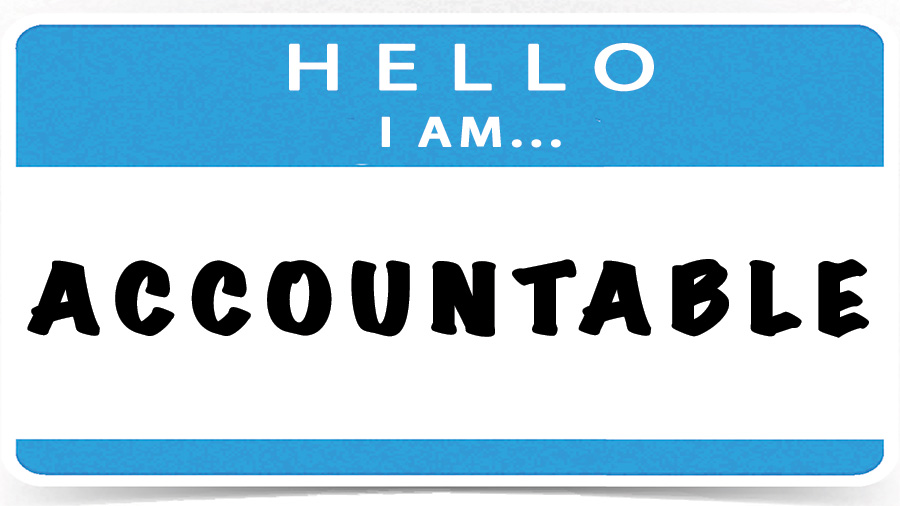Author: Liz Kislik / Source: Business 2 Community “Why is no one ever held accountable here?” A vice president was fuming at me, and not

I’ve worked with a lot of companies, and the topic of accountability doesn’t come up unless someone thinks another person or group isn’t managing their end of things, and ought to take the blame. Sometimes it’s actually a veiled request for the leadership to swoop in and manage the situation to the satisfaction of the complaining party.
Complaints about accountability often serve as a euphemism for “They screwed up and they should suffer the consequences” for whatever has gone wrong. But complaints can also be shorthand for disparaging another group’s commitment or skills, or an attempt at deflecting the responsibility and pain of failure: “The problem couldn’t have been ours, we did everything we were supposed to do.”
Which Accountability Do You Mean, Anyway? And Whose?
Workplaces — and the work itself — are often so complex that responsibility for work product is shared, and not everyone is committed to or adept at sharing. So when people ask who will be held accountable for an outcome, or who “owns” an issue, they’re expressing concern that a successful outcome isn’t likely and that the roles and responsibilities aren’t clear enough.
Part of the challenge is that accountability itself isn’t a monolith. Before you can hold anyone to it, you’ve got to determine which kind of accountability you’re talking about. In its simplest form, if your thinking is accurate, your implementation works, and your word is good, no one raises the issue of accountability. But if accountability is a topic of discussion, that means one or more of those crucial aspects may be missing:
- Accountability for decision-making, strategy, or planning. Who’s responsible for defining the goals, requirements,…

COMMENTS